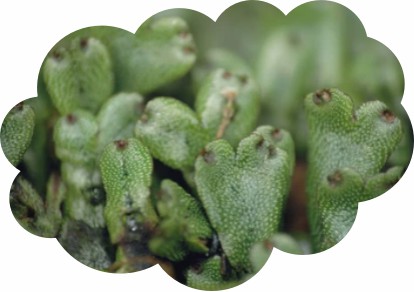Bryophytes have a unique growth pattern and cellular structure with abundant bioactive components and essential biological functions. Bryophytes are extremely ecologically adaptable and highly tolerant and can tolerate extreme environments such as low temperature, low humidity, and high salt. These characteristics make bryophytes provide important support for applications in biotechnology research. In-depth research on the genetic transformation of bryophytes can provide an important way to analyze the moss genome and transcriptomics research and help to form the bioengineering technology of bryophytes.

Lifeasible has many years of research and service experience in plant research. Based on our advanced technology platform and experienced team of experts, we provide comprehensive solutions for bryophyte genetic transformation, including selecting specific transformation methods for specific bryophytes and screening and characterization solutions for bryophyte transformation-positive plants. The bryophyte transformation and screening solutions we provide have been widely used in many research fields and have shown good application prospects.
Bryophyte transformation method selection
The bryophyte transformation methods we offer generally include transformation by direct DNA uptake from protoplasts, transformation of bryophytes using T-DNA mutagenesis, and plastid transformation of bryophytes. To improve the transformation efficiency, we will provide bryophyte transformation methods tailored to specific bryophytes.
Screening and identification of bryophyte transformation plants
Screening of bryophyte transformation-positive plants has important research and application value for bryophyte genetic transformation research. We are currently screening by setting multiple screening conditions and setting controls through the phenotypic observation of moss-transformed plants. At the same time, we use PCR to detect bryophyte-transformed plants by extracting the DNA of moss plants and performing PCR amplification by screening primers (hpt-F and hpt-R) labeled with the thaumatin gene for the screening and identification of positive plants. In addition, we also provide a high-throughput, rapid, and more sensitive quantitative PCR assay for the screening and identification of moss-positive transformed plants, which plays an important role in helping researchers to screen and identify positively transformed plants.

Lifeasible is committed to the genetic transformation of bryophytes based on our advanced technology platform and years of experience in research services. If you are interested in us, please feel free to contact us.